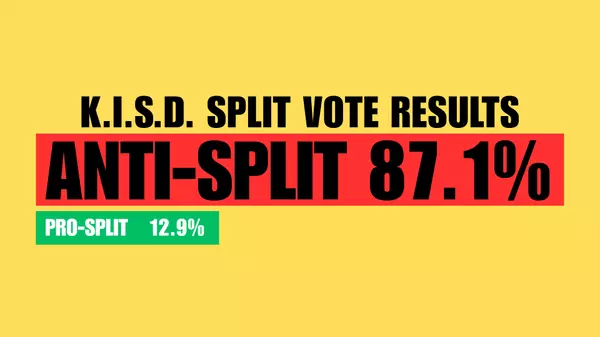4 Ways to Reduce Your Monthly Housing Costs Right Now

1) Save BIG by refinancing your mortgage (even with high-interest rates): Drop your house payment by increasing the length of your loan Decrease the length of your loan to pay off your mortgage faster Skip up to two house payments Use proceeds to consolidate and pay off credit card debt, student lo
Read More5 Questions to Ask Your Mortgage Lender Before Refinancing Your Home

Ask Your Mortgage Lender These Five Questions Before You Refinance With mortgage rates at a relative low, more homeowners than ever are looking for a solution to save on their significantly higher home payments. For many, this means turning to home mortgage refinancing. However, refinancing isn’t f
Read More
Categories
- All Blogs 117
- Basics 17
- Buyer Psychology 3
- Career 1
- CCR in the News 14
- Community 21
- Downsizing 3
- Election 6
- Financial Advice 13
- Foreclosure 1
- Heritage Subdivision 3
- Home Refinancing 4
- Home Search 2
- How-to 22
- HUD Homes 2
- Just for fun 10
- Legislative Involvement 5
- Making an offer 5
- Mortgage 2
- Negotation 4
- Preparing to Sell 10
- Print media 3
- Property Tax 53
- Real Estate Market Report 25
- Robert Montoya 1
- Senior Housing 1
- State 3
- Static 1
- TAD Reform 8
- Tarrant County 13
- Testifying 2
Recent Posts

Taxing Entity Contact Info

Texas Property Tax Exposed: Why the Current System Violates the State Constitution

The Keller ISD Split: A Deep Dive into the Truth, the Questions, and the Consequences

Keller ISD Split Proposal: Vote Here

Recap 2024. My Predictions for 2025. And Why We Do What We Do

Secret Brick or Crack Repair - Cheap & Easy

How These Local Election Results Will Cost All Texans

5 Simple Steps To Virtually Guarantee Success When Purchasing Your New Home

Everything You Need to Know About the New Appraisal District Board Election

Tarrant Tax Assessor Collector Election Wendy Burgess Rick Barnes
